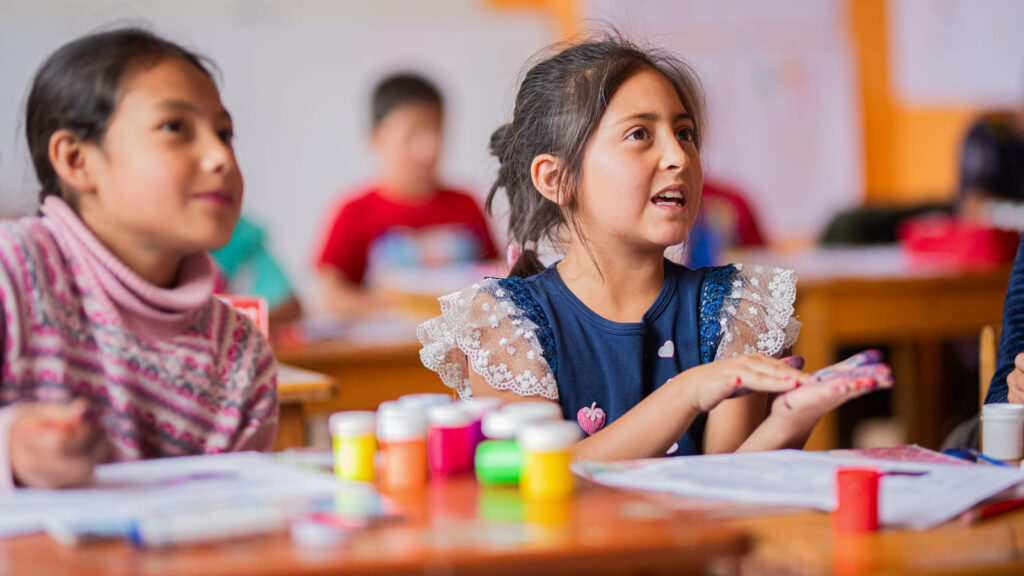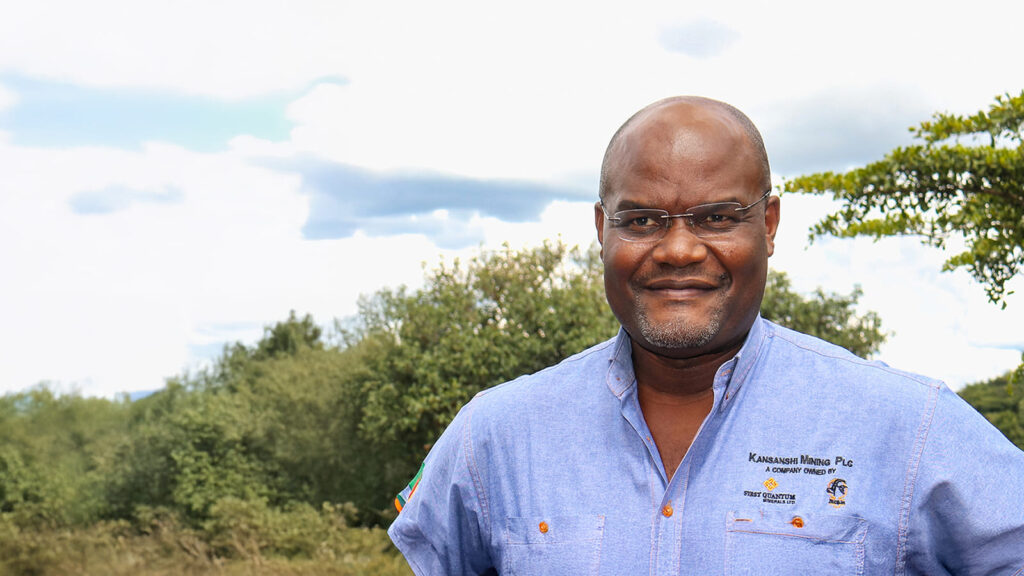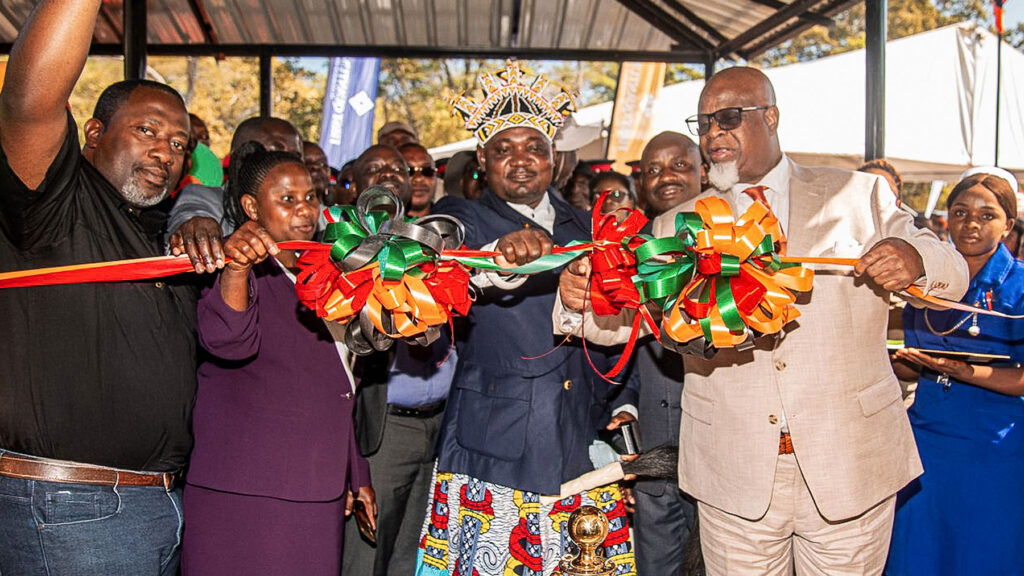
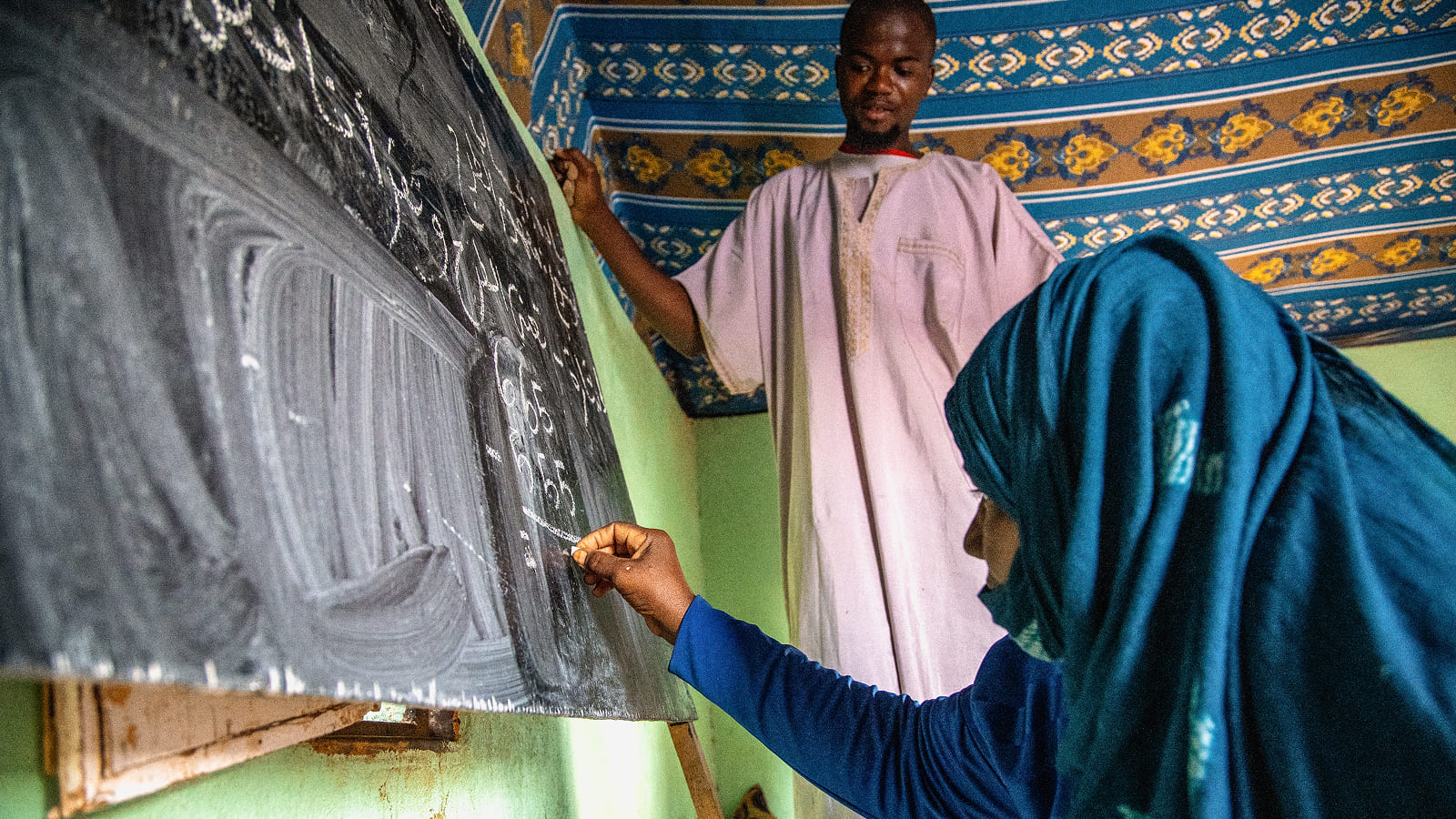
Insight
Equality in education
We’re committed to helping ensure women of all ages have access to education, whether at school or later in life. This extends from our literacy program in Mauritania to our Girl Child Mentorship Camp at Trident College in Solwezi. We’ve helped many women and girls get the education they deserve.
Supporting girls at school
Our Jimuka! program provides help in the form of packs of feminine hygiene products, coupled with motivational talks from female role models and education and information on women’s health, sexual health and the risks of early marriage and pregnancy. Our Girl Child Mentorship Camp at Trident College in Solwezi has helped hundreds of girls from Zambia’s north-western Province.
Aged between 12 and 18, the girls are empowered with entrepreneurship skills, mentoring and sexual reproductive health education. Menstruation is a major risk factor for school attendance for girls in Zambia, many of whom stay home each month, which can have a devastating effect on over a young woman’s educational years.
Jimuka is a word in Zambia’s local Kaonde dialect that essentially means “be sharper” or “be informed”.
Through the program, school-age girls receive information and education in their local language about how to manage puberty and have the opportunity to ask questions.
The five-person team who facilitate the program say adolescent girls often don’t fully understand the menstrual cycle, which means they never know quite when to expect their period. This leads to countless “accidents” at school, and the accompanying embarrassment keeps students at home when they suspect their time of the month is approaching. The program teaches students exactly how to count the days in their cycle, so they know when to come to school prepared.
Complimentary Stay in School Kits are a popular part of the Jimuka! initiative.
Access to sanitary products is a challenge for many girls in rural communities, and home-made solutions tend to be unreliable. Girls attending a Jimuka session are given a menstrual hygiene kit containing two well-made, washable sanitary pads with fastenings to keep them in place. Extra underwear, washing powder, washcloths, and soap are also included in the kits. The pads are made of familiar, brightly coloured chitenge fabric, which many girls use to improvise low-cost sanitary solutions. Kansanshi engages a local tailor to make the pads but, as demand increases, there are plans to hold sewing classes in which the girls can follow a pattern to make their own.
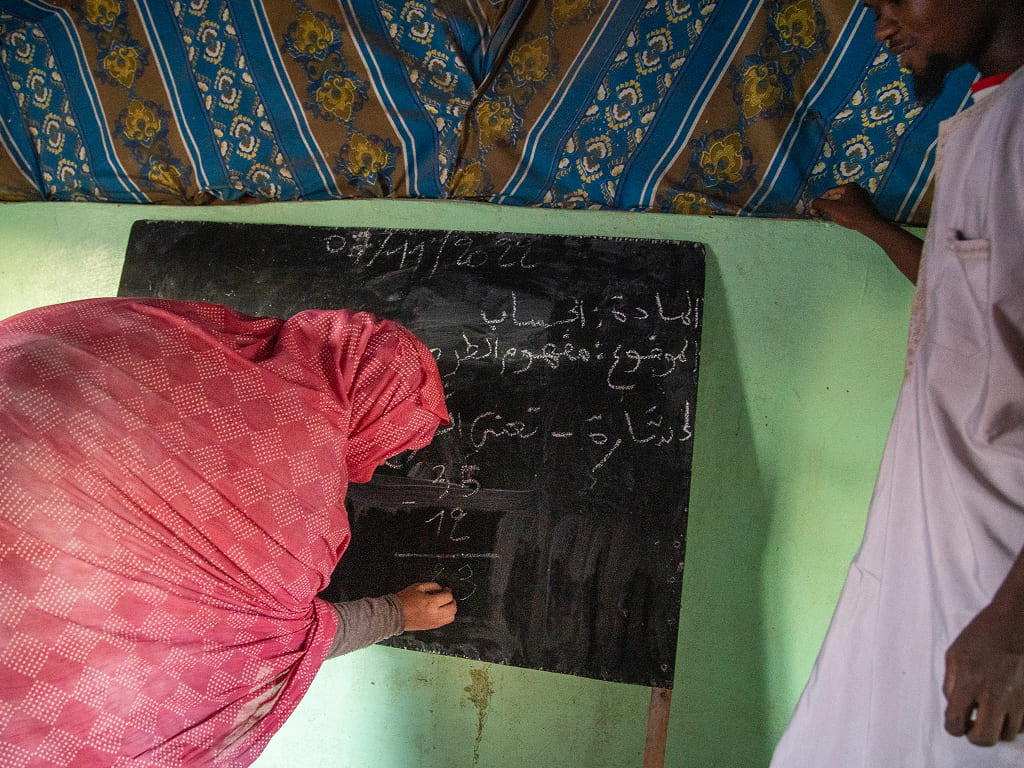
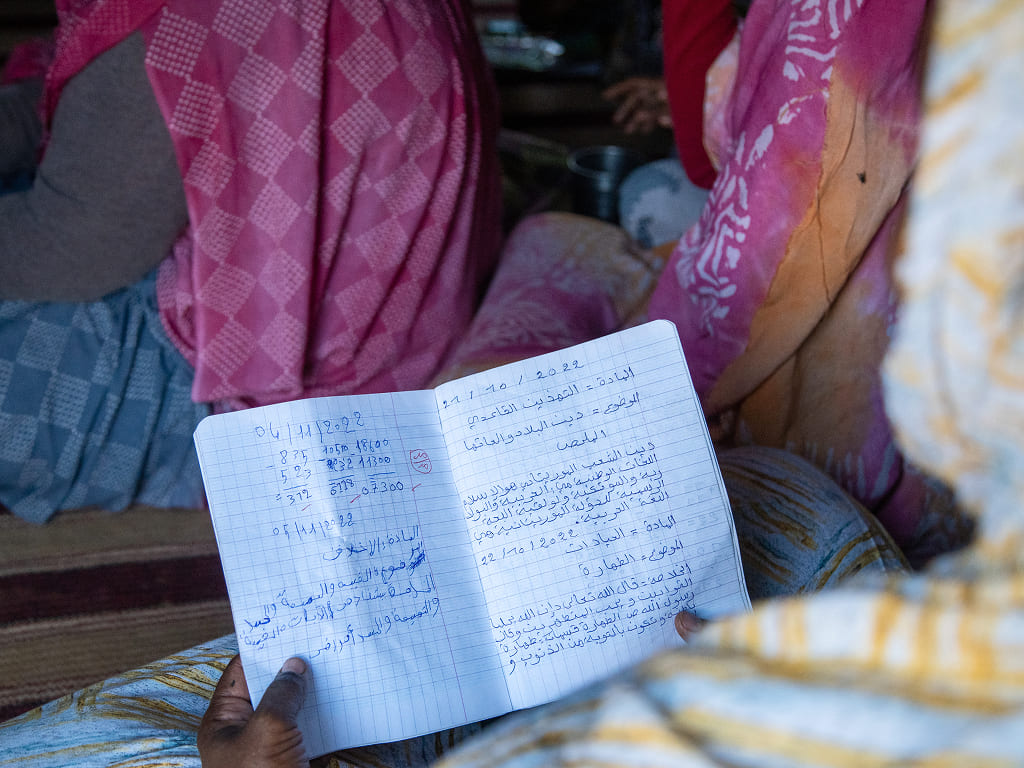
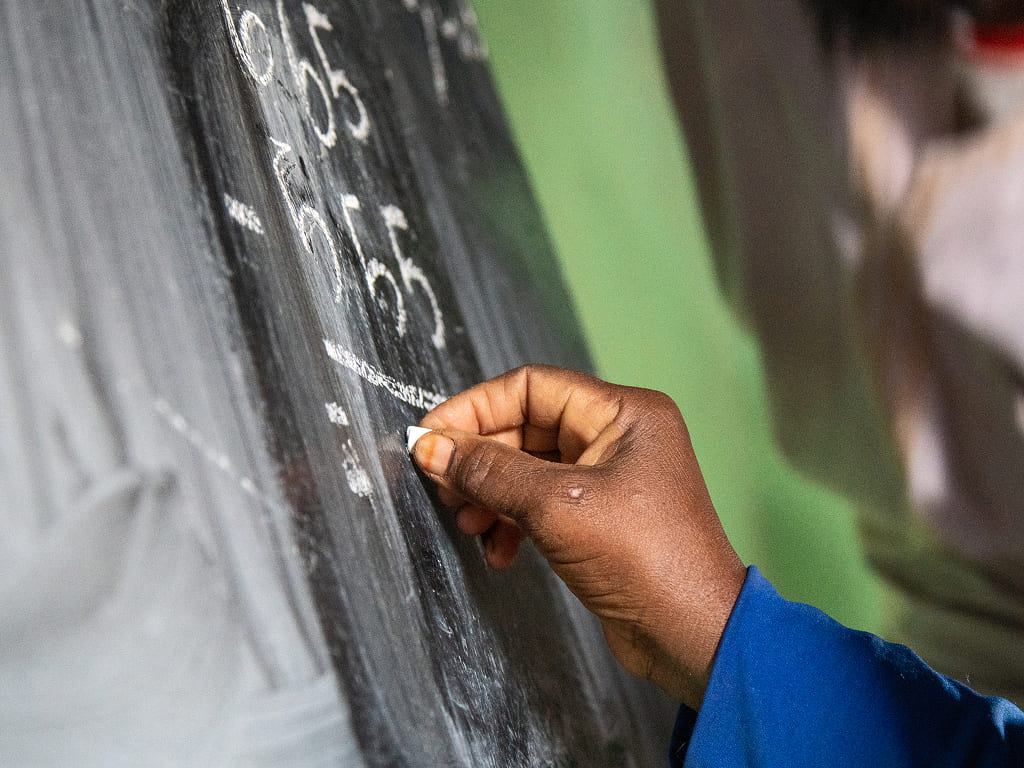
Building a diverse workforce
Since 2012, the Kwambula center at the Solwezi Trade Training Institute, a fully-funded initiative of Kansanshi Mining Plc, has been a leader in building Zambia’s skilled workforce. We recognize that our most significant community benefit is providing jobs, and our long-term investment in this program is a testament to our commitment to developing a diverse and capable talent pool through equal opportunity.
Mining is Zambia’s second-largest formal employer, yet job opportunities have traditionally been disproportionately channeled to men. Kwambula is dedicated to addressing this imbalance by ensuring that women have equal access to these valuable careers. We actively welcome and encourage applications from women for all of our trade apprenticeships. To date, Kwambula has successfully graduated 641 individuals, with 145 women among them – a key part of the total graduates who have completed our rigorous training. Our female graduates are demonstrating their leadership across the trades, with 35 women graduating in Electrical, another 35 in Fitting, and 33 in Heavy Equipment Repair.
The Kwambula school is a robust, well-funded initiative costing over one million US dollars annually. It provides academically capable high school graduates with a 100% bursary scholarship and a monthly stipend for the entire three-year program. The training is comprehensive and includes 12 months in the classroom and 24 months of practical on-site experience at the mine. The qualifications are highly sought after, with 74% of those trained for Kansanshi Mining already offered employment.
As we look ahead, we are expanding our offerings in 2026 to include Rigging and Auto-Electrical, further broadening opportunities for all applicants. Our greatest strength is our people, and by championing equality in education, we are ensuring our talent pool includes the very best.
Women’s literacy boost
An adult literacy program is helping Mauritanian women in the community of Akjoujt, where First Quantum has been operating since 2004, to build a brighter future. The program is designed to provide training and a pathway towards a viable livelihood for some of Mauritania’s most vulnerable people: women who could find themselves struggling to earn a living once the town’s main source of employment is gone and many mine workers – primarily men – leave to find jobs elsewhere. This is important because the mine is entering the second half of its operating life, with wind-down and ultimate closure projected for some time in the next decade.
More than 200 women have completed the program, of which 85 per cent reported significant improvement in their reading, writing and numeracy skills. With new confidence and a network of supportive peers, these women are building better futures – for themselves, their families and their entire communities.
Related Insights
Stay up to date
Sign up to receive updates with insights and stories from around First Quantum, our operations, our projects and our communities.
Sign up